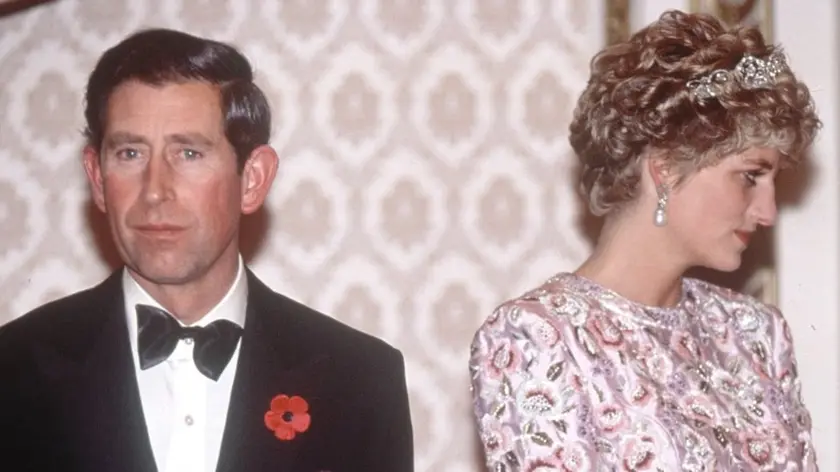T4K3.news
Queen Camilla tears at VJ Day service
A 105-year-old veteran praised the king at the VJ Day remembrance, and Queen Camilla was moved to tears, per reports.
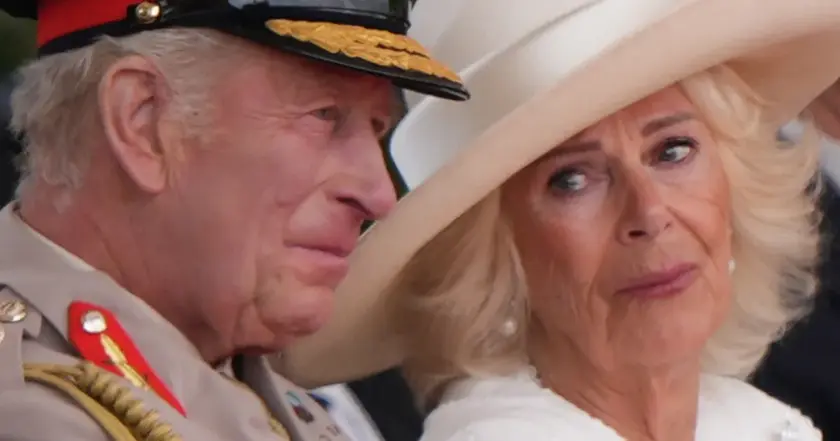
A 105-year-old veteran publicly praises the king during a VJ Day remembrance, moving Queen Camilla to tears according to reports.
Queen Camilla Weeps as 105-Year-Old Veteran Praises King at VJ Day Service
A 105-year-old veteran, Yavar Abbas, saluted 'my brave King' during the VJ Day remembrance service, and the moment reportedly brought Queen Camilla to tears. The article notes the reference to King Charles II, a detail that stands out amid a ceremony meant to honor wartime sacrifice and memory. VJ Day marks the surrender of Japan and the end of six years of war, a memory the article says lives on in public ceremonies. The piece also cites figures from the BBC describing the human cost of the conflict, including tens of thousands of deaths among British and Commonwealth forces and prisoners of war.
Key Takeaways
"my brave King"
Spoken by the 105-year-old veteran during the service
"the moment brought Queen Camilla to tears"
Description of the emotional reaction in the ceremony
"misnaming the monarch can shake reader trust"
Editorial note on a factual error in the article
The piece spotlights how royal optics can carry emotional weight in public remembrance, intertwining personal drama with national memory. It also reveals a potential credibility issue, naming the monarch as King Charles II, which could confuse readers and undermine trust in reporting. In an era of fast headlines, such errors matter because they shape how audiences view the monarchy and memory culture. The scene, whatever its factual precision, illustrates how the royal family remains a focal point for collective memory and for the tense balance between history and ceremony.
Highlights
- my brave King
- A moment that binds past and present
- Memory meets a royal ceremony
- Accuracy matters more than headlines
Royal reporting carries political and reputation risk
The article contains a factual error naming the monarch and could fuel confusion or backlash. It underscores the need for careful, precise reporting when covering royal ceremonies.
Memory, ceremony, and accuracy walk hand in hand in moments like these.
Enjoyed this? Let your friends know!
Related News
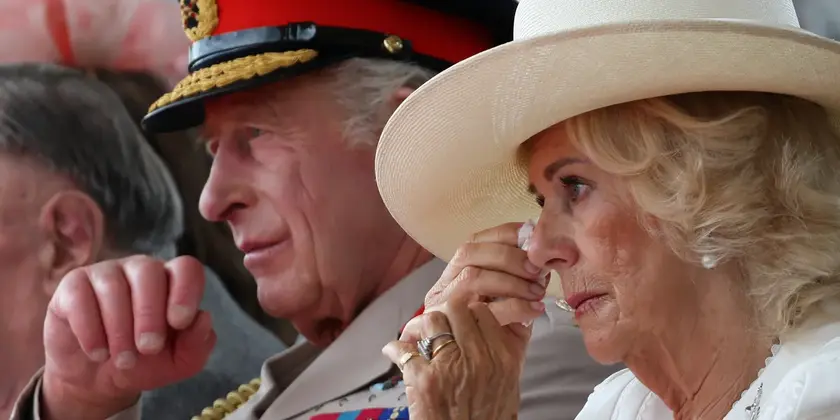
Royal remembrance draws tears at VJ Day service
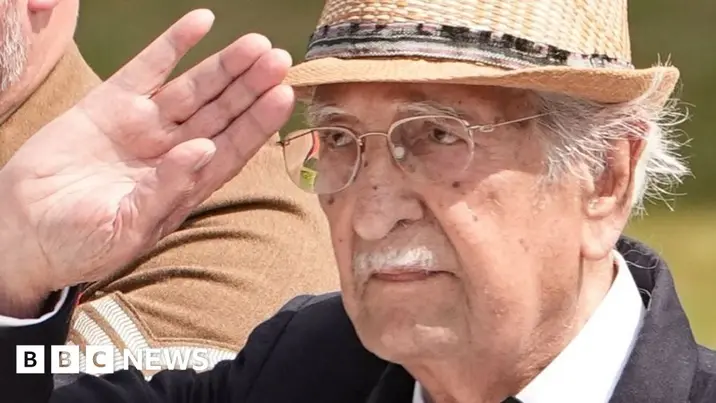
WW2 veteran moves Queen Camilla to tears
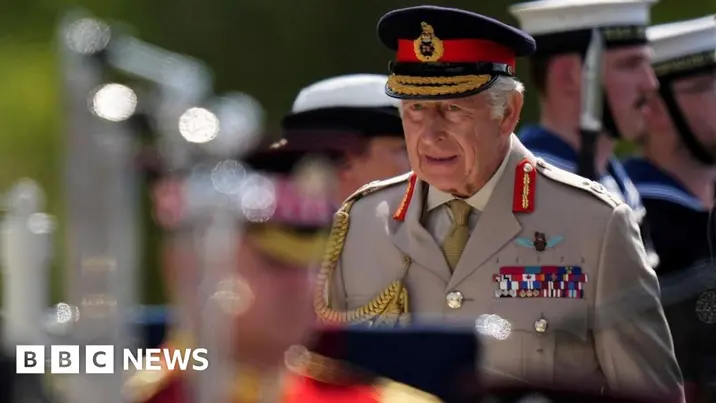
Royal remembers those who served
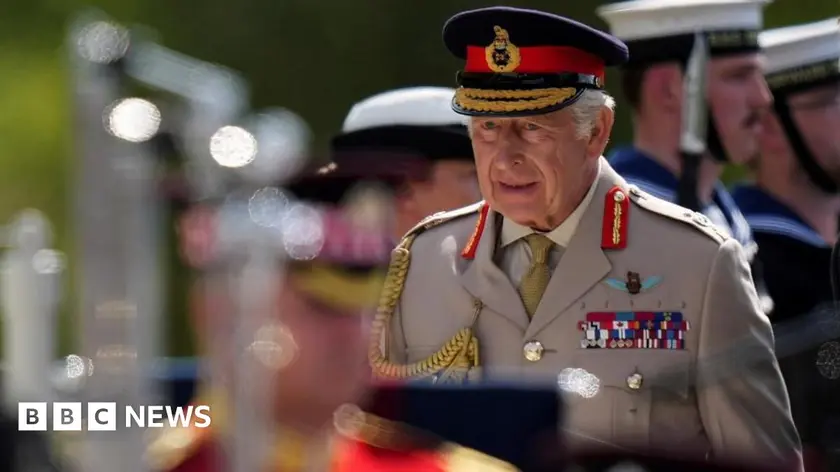
King Charles honours veterans at VJ Day 80th anniversary ceremony

VJ Day Remembrance in the UK
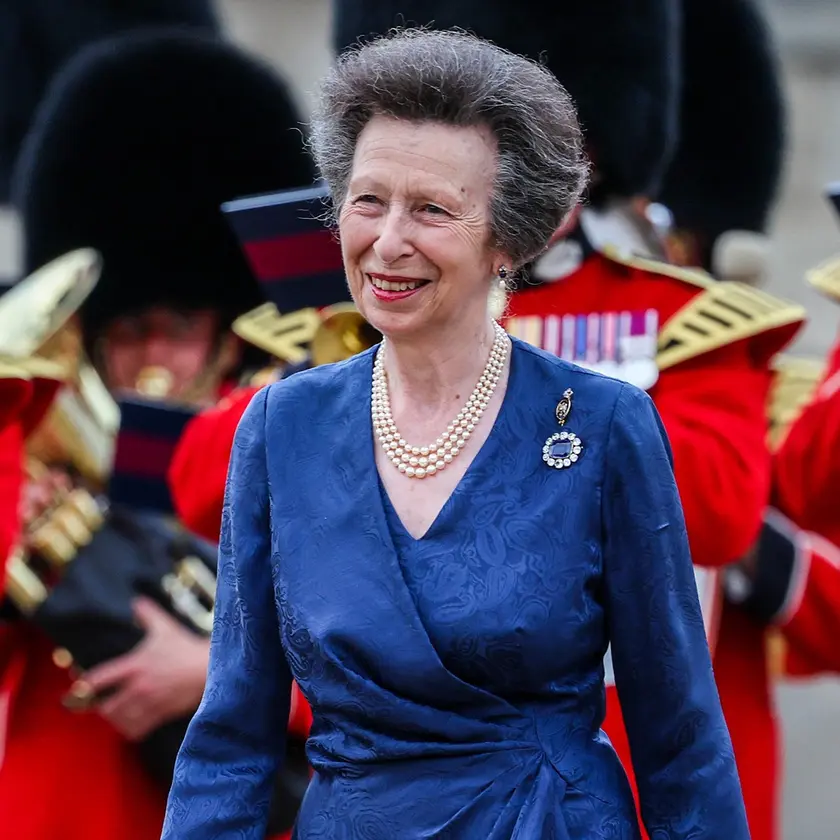
Princess Anne reveals new hair look in royal portrait
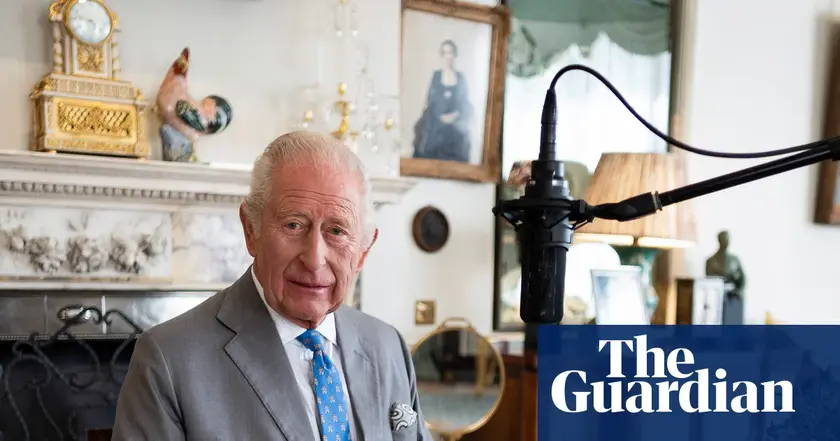
King Charles marks VJ Day anniversary
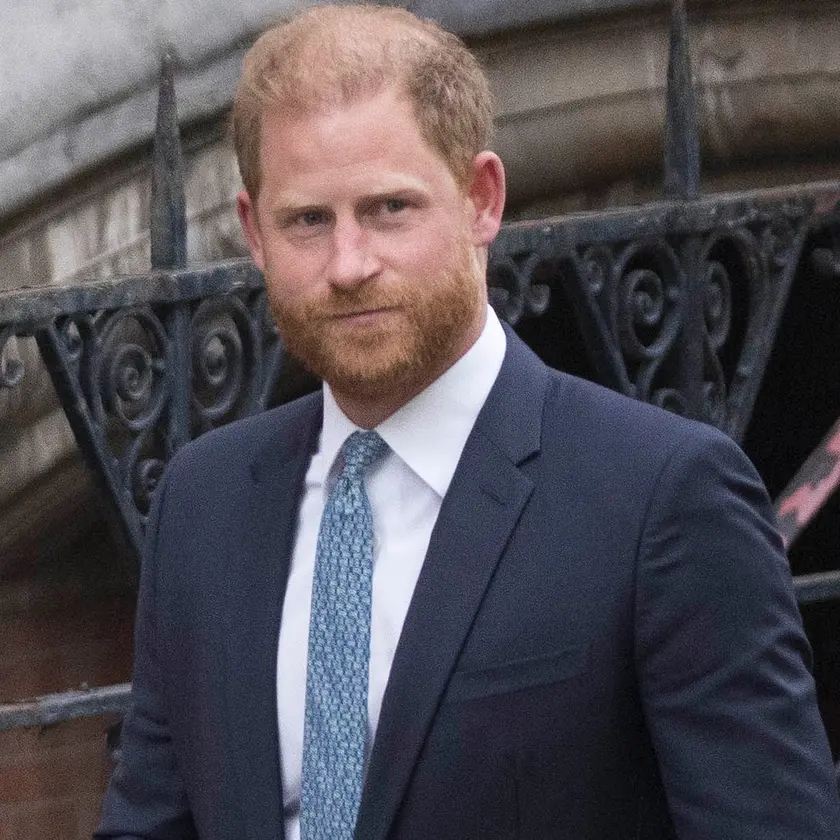
Prince Harry Denies Allegations of Brawl with Prince Andrew
